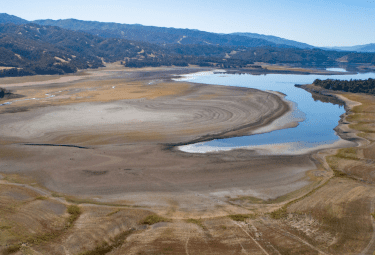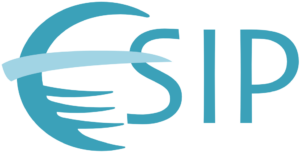Welcome to the new ESIP website!
Member Highlight: DataOne


The goal of DataONE is to enable new science and knowledge creation through universal access to data about life on Earth and the environment that sustains it. To achieve this DataONE provides a resilient, scalable infrastructure using Member Nodes (data repositories), Coordinating Nodes, and an Investigator Toolkit to support the data access and data management needs of biological, Earth, and environmental science researchers in the U.S. and across the globe. DataONE also supports research by developing an engaged community of users and repositories via the DataONE Users Group and the Member Node Forum; encouraging working groups (small groups of community experts) to support CI and community engagement activities; educating the workforce by providing online best practices, curricula, and other resources; and collaborating with other CI and community efforts nationally and internationally.
DataONE Users Group: To build engagement within the community and to help ensure DataONE products and services meet the needs of our stakeholders, DataONE supports an active and diverse Users Group. The DataONE Users Group (DUG) is the worldwide community of Earth observation data authors, users, and diverse stakeholders that make up the DataONE partnership communities. A primary function of the DUG is to provide feedback on how best to use and integrate DataONE products through small group discussions, usability testing and presentations. As a self-organizing body, the DUG represents a non-biased form of feedback to the DataONE leadership, providing guidance that facilitates DataONE in achieving its vision and mission. DUG members benefit from current, first-hand information on DataONE activities, an opportunity to represent stakeholder interests, training opportunities and the ability to benefit from shared experiences.
The DUG meets annually to identify the evolving technical challenges and opportunities that can be applied to advance education, research, and policy through DataONE. The next annual meeting is July 6-7th and will be co-located with the Summer 2014 ESIP meeting at Copper Mountain, CO. The agenda includes sessions on the DataONE Member Node Network, software included in the DataONE Investigator Toolkit and upcoming education resources. We will also have community led discussions focused on interoperability, open access, data documentation and sustainability in addition to a training workshop on the newly revised DMPTool.
DMPTool: The DMPTool was first released in 2011 following a collaborative effort across seven institutions (including DataONE) in response to the increasing need for researchers to submit a Data Management Plan with grant applications. Facilitating the development of Data Management Plans through a guided step by step process built upon funder requirement templates with targeted help and resources, the DMPTool received wide recognition including being rated on of the top 10 digital preservation developments of 2011 by the Library of Congress. Version 2 was released in May 2014 and builds upon the functionality offered in version 1, including a new user interface with embedded tips and help throughout, a library of publicly available data management plans and functionality to enable collaboration on a plan in progress. Version 2 also includes administrator features that enable self-service of DMPTool setup, granular assignment of institutional administrator roles and customization and branding features.
The DMPTool workshop at the DUG meeting will introduce new and existing users to data management plan requirements, to features of the new tool for the completion of comprehensive Data Management Plans and will highlight key features for specific user groups, culminating with hands-on practice using the tool.
You can register (free-of-charge) for the DUG meeting and DMPTool workshop here: http://www.dataone.org/dataone-users-group-meeting-registration-2014
Reason for participating in ESIP:
The scope of DataONE is broadly defined as Earth and environmental sciences and includes all stakeholder groups that interact in this domain; researchers, educators, librarians, data managers, computer scientists, students, policy makers and citizen scientist among others. There is direct overlap with the community of individuals and expertise supported by ESIP. Many ESIP member organizations are DataONE partners and participation in ESIP allows for increased collaboration, dialogue and sharing of information, services and expertise.
Link: http://www.dataone.org
Type: I
Joined: 2011
Voting Rep: Bill Michener




